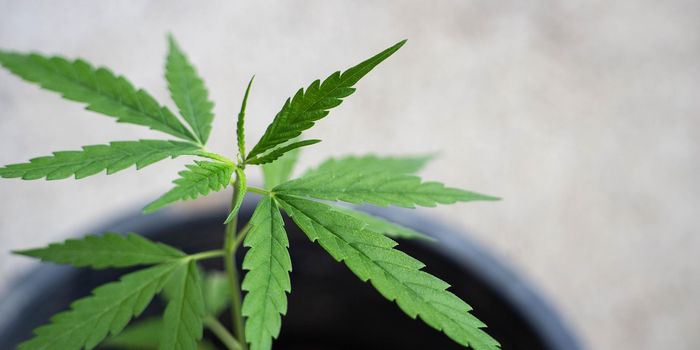Marijuana: The Next Big Thing in Health Care?
According to Barrons, an online and print news outlet, marijuana is getting a second look by clinicians, pharmaceuticals, and consumers. In a piece written by Teresa Rivas, the industry is champing at the bit to get into the United States market. They are only waiting for the "inevitable" (their sentiment) federal legalization of marijuana (or at least medical marijuana) to start ramping up production of marijuana or marijuana-derived medical treatments.
Photo source: Pixabay.com
Any new medical treatment (e.g. anything that will be used to treat a specific disease) will have to get clearance from the Food and Drug Administration (FDA) to market any new product. As this newsletter has touched upon before (here, here and here), any new medications that will be used to "treat a particular disease" will have to show that it is "safe and effective". As long as the company can provide evidence that it is then the FDA is obligated to approve it. For example, as Amanda Khal published in September of last year, the medication Epidolex, which is derived from the cannabis plant, was approved to treat two rare forms of epilepsy. So regulation should not be a problem (legal-wise, at least).
Big Pharma has shown a lot of interest in the growing market in the United States, as to be expected. However, smaller biotech firms are also in the game. For example, the biotech agriculture company Cellibre uses a unique process for producing compounds at a fast rate: producing molecules from cell cultures. This is a promising technology for marijuana because this technique can be used to grow a number of different cannabis-containing molecules. These include cannabidiol (CBD) and delta-9-tetrahydrocannabinol (THC). The level of specificity with this technique means that medical marijuana treatment could be designed based on the patient or the disease.
Photo source: Pixabay.com
Growing compounds from cell cultures is limited only by the rate of cell division and growth. Cells can be induced to divide, grow and produce substances (such as antibodies). Plant cell culture can yield a myriad of complex compounds. This presents a method for producing cannabis compounds on a commercial scale, at least, that is what Cellibre hopes.
There are many benefits of producing specific compounds, especially for the health care industry. Many new cannabis-derived compounds, besides CBD and THC, can also be produced using this method. This could be a boon for modern medicine, as deriving these compounds using current procedures can be costly. Another benefit from this technique is that the compounds can be produced "without unnatural byproducts” says Cellibre executives (as quoted in the Barrons article).
Big CBD companies like Wtphemp using techniques such as plant cell culture could potentially provide new medicinal marijuana formulations at a lower cost. Furthermore, these compounds could be made readily available as production is scaled up. Finally, specific compounds, new and old, can be used for a more individualized treatment approach. This could be the next revolution to hit health care. We will have to wait and see.
Below is a detailed video describing the plant cell culture process.
Video source: YouTube.com
Sources: Barrons.com, LabRoots, www.fda.gov, www.cellibre.com, Molecular Biology of the Cell, BMP










